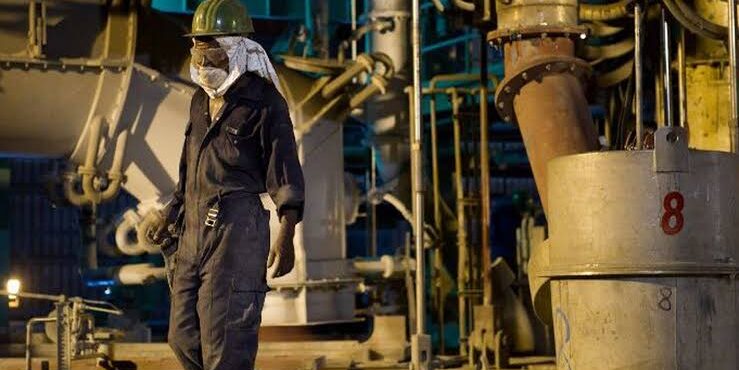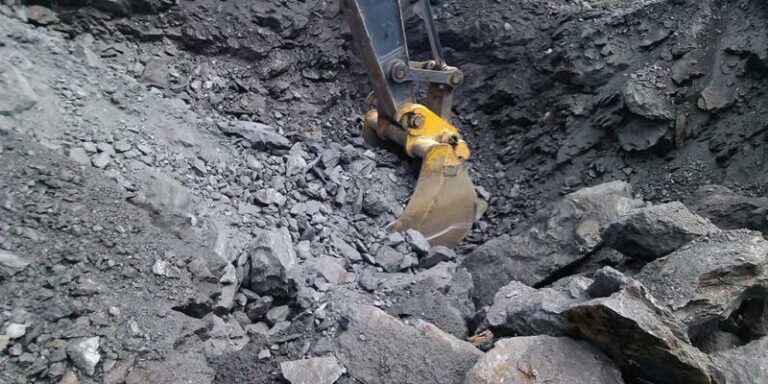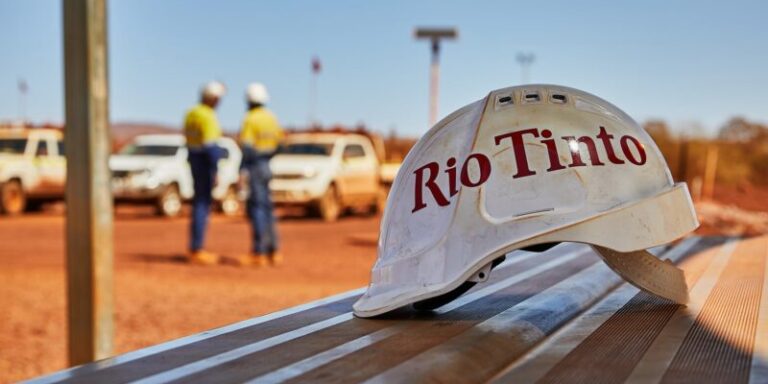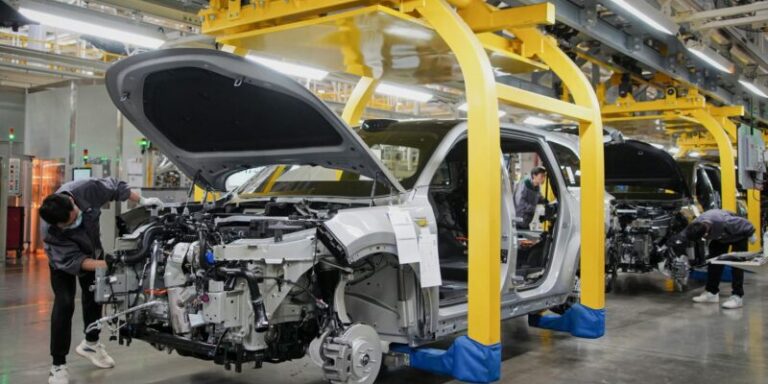
The Democratic Republic of Congo (DRC) is experiencing a severe energy crisis that has disrupted mining activities in the country’s south-east.
Since November 24, 2024, mining companies reliant on electricity supplied by Zambia have faced significant power outages, hindering production and profitability.
As the primary energy supplier to the region, Zambia’s inability to sustain consistent electricity exports has exposed vulnerabilities in the DRC’s mining sector.
Prolonged droughts have reduced Zambia’s hydroelectric output, forcing the nation to prioritize its internal energy needs and curtail exports to the DRC.
The energy crisis has already led to production setbacks for major mining operators. For instance, the Kamoa-Kakula mine reported a 7.9% decline in production during Q1 2024 compared to the same period the previous year, illustrating the immediate impact of power shortages on industrial activities.
While some companies have adopted temporary solutions such as diesel generators, these measures come at a high cost, significantly raising operational expenses and undermining the global competitiveness of Congolese mining operations.
The Congolese government recognizes the urgency of addressing the crisis and is exploring long-term strategies to diversify its energy supply.
These initiatives include negotiating new power agreements with neighboring countries and accelerating the development of domestic energy projects.
Experts also emphasize the importance of harnessing the DRC’s vast hydroelectric potential, which remains largely untapped. Although the country boasts considerable water resources, only about 20% of its population has access to reliable electricity.
Investing in infrastructure upgrades and improved energy management could reduce reliance on imports while fostering sustainable development.
The repercussions of the energy crisis extend beyond mining, affecting essential services such as healthcare and education for local communities.
Frequent power cuts strain public services, exacerbating the challenges faced by an already underserved population.
This energy crisis underscores the pressing need for structural reform in the DRC’s energy sector. Investments in infrastructure, strategic energy planning, and collaborations with international partners are crucial to building a resilient and sustainable energy supply.
Addressing these challenges will require coordinated efforts between the government, businesses, and global stakeholders to safeguard the future of the DRC’s mining sector and broader economy.






